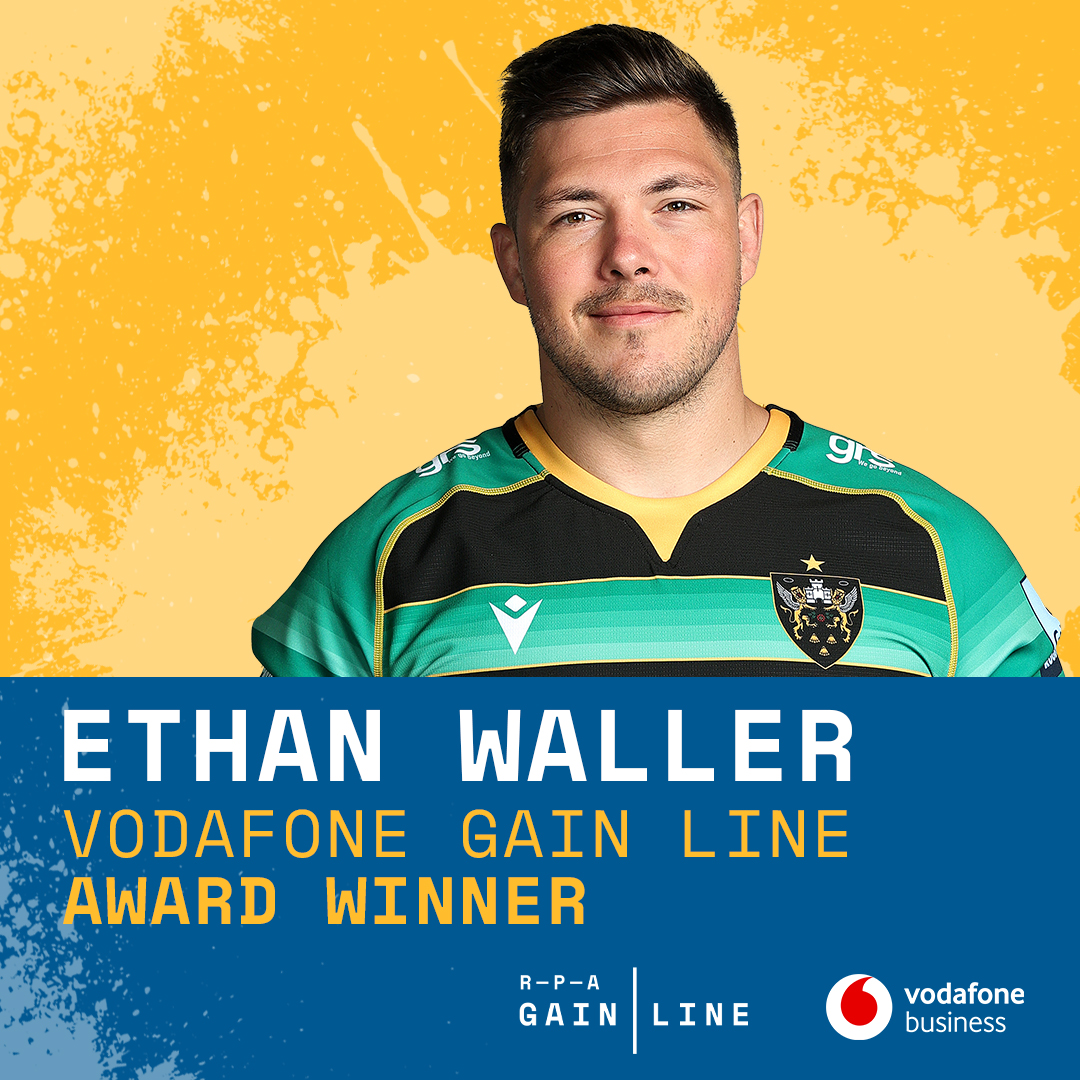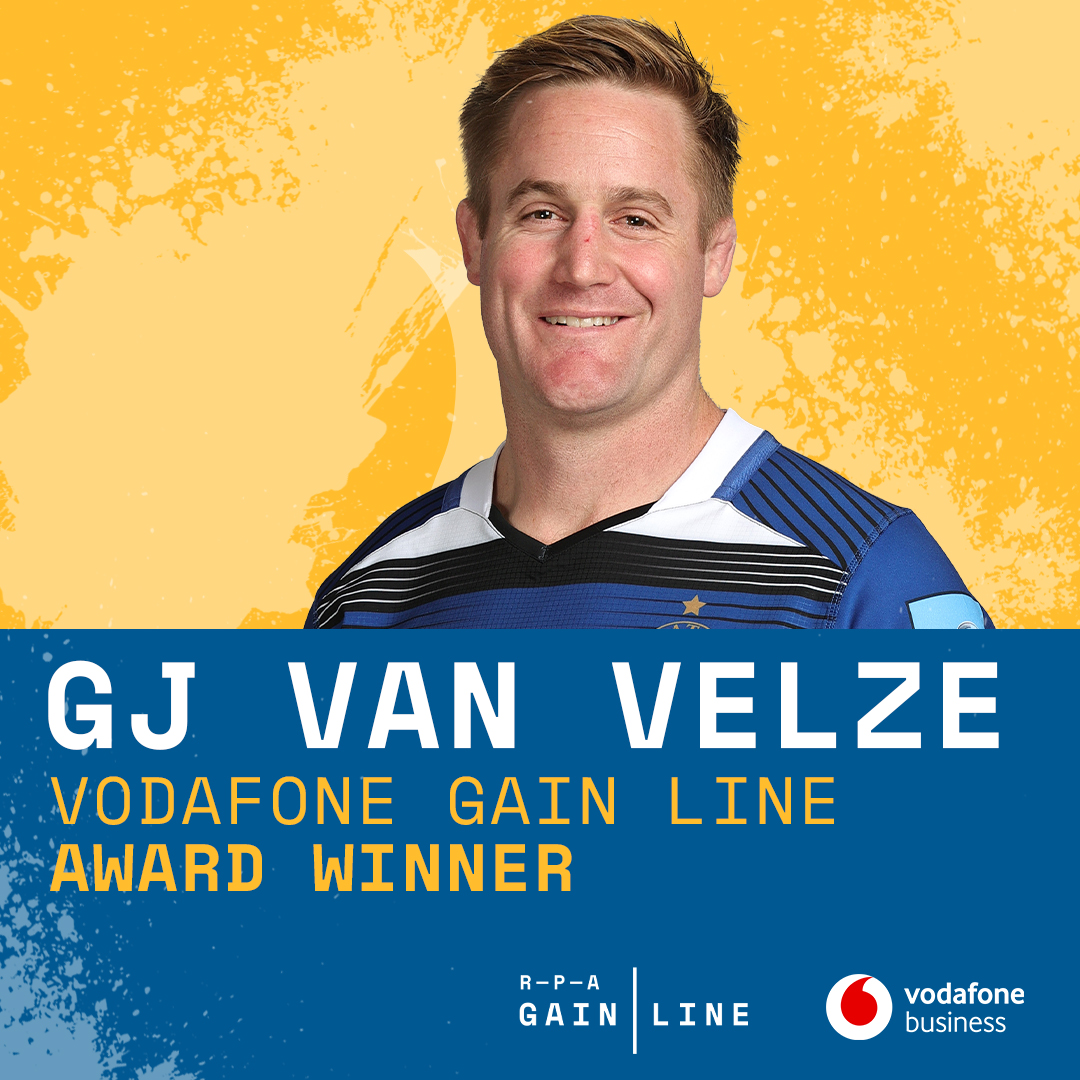Chasing The Dream: Sam Blanchet

Meet Sam Blanchet. The former England 7s and Exeter Chiefs player who successfully made the switch from rugby to bobsleigh, culminating in a ticket to PyeongChang for the 2018 Winter Olympic Games. Sam sits down with the RPA to describe the experience, highlighting the challenges he had to overcome and why bobsleigh felt like the perfect fit.
Making The Switch
Making the switch from rugby to bobsleigh was something that really excited me and felt like the perfect new challenge. At the time I had lost my enjoyment for rugby, I was frustrated with injuries and needed a fresh new goal. While I was playing for England 7s I had my eyes firmly set on representing Team GB at the Rio Olympics. I knew it was going to be tough, but I was determined to give it my absolute all and hopefully make the team. A long layoff through various injuries and bad form prevented that from happening and that was massively disappointing, but I decided to move to the Bedford Blues for a fresh start. Ultimately, it was from there that my hunger for the game disappeared. I wasn’t happy and wasn’t enjoying myself anymore. I was hugely frustrated with injuries and like every rugby player you beat your body to the ground and sometimes you don’t recognise when you need to give yourself a rest. I found myself struck down with injury more than I was playing, and to me that was incredibly depressing. From there I started to research what other sports would suit me, and what could challenge me further. I reached out to the English Institute of Sport who were terrific in their support and offered me the opportunity to attend a trial day. The trial day was a lot of fun and gave me the opportunity to test my physical abilities in a range of different sports. At the end of the day, one sport was singled out to me as my best match, and that was bobsleigh.
Olympic Dream
Chasing my Olympic dream was something that really inspired me in my early transition to bobsleigh. It was a daunting new challenge, but I worked incredibly hard to get myself in a position to be on the plane to PyeongChang. I remember the very first time I got on the ice and it was completely surreal and utterly terrifying. But over time my confidence grew, and I really started to enjoy the sport. Making my World Cup debut was awesome and being selected as part of the team of the year in my first season was a huge honour but nothing can compare to the feeling of being selected as a Team GB athlete. When I joined the bobsleigh programme it was just under two years until the games and at that point, I knew it would be incredibly hard to make the team. It challenged me both physically and mentally, but to have the opportunity to travel to PyeongChang as a team reserve was just unbelievable. The games were simply incredible, the atmosphere was electric, and the experience was hugely enjoyable. It’s a moment that will live with me forever.
Push And Brake
My role in the bobsleigh largely depends on whether I am competing in the two-man or four-man competition. I’m what’s known as a brakeman (or push athlete) in both events. In the two man, I push from the back handle and pull the brakes at the end of the run. In the four man I push from the side handle, but the pulling of the brakes is reserved for the back-handle guy. Essentially, my role is to sprint as fast as possible in the first 50m of the run before jumping in and trying to stay as still as possible so as not to affect the movement of the sled down the track.
Eat, Sleep, Train, Repeat
Rugby is a very cardio based sport, while bobsleigh revolves around sheer power. Our training is focused primarily on sprinting and plyometrics with a heavy emphasis on weight lifting. The weights are focused on core exercises such as bench, squats, cleans and dead-lifts. The sprinting is split between shorter (up to 30m) acceleration-based sessions and longer (60-80m) max velocity work. The plyometric work fits around both our weights and speed sessions but focusses on a lot of single and double leg bounding variations. Therefore, we eat a lot of food to build a strong body. Our nutrition depends on the weight limit for each event. For the two-man event the average weight is 110kg and for the four-man it is 105kg. We therefore consume a large amount of food to counterbalance the heavy lifting. This can be a tricky challenge, and we must be very careful of what we eat because with the level of intensive weight lifting, if we eat too much, we can put on weight very quickly and easily.
Run Fast, Lift Big
The aim of bobsleigh training is to lift as much as possible and run as fast as possible. Our training routine is to work exceptionally hard on Monday, Wednesday and Friday with lower intensity sessions on Tuesday, Thursday and Saturday, it’s very much a Charlie Francis styled “high-low” split. The intensive sessions involve weight lifting and sprint training. The days in between are dedicated to recovery, where we a focus on physical rehab exercises and low-level aerobic work, to make sure we recover in time for training the next day. One of the hardest aspects of my training is competing against the other bobsleigh athletes. There are normally all 100m sprinters, who have been sprint training from a very young age. Considering most of our selection tests are based around speed, it has meant that I have had to focus extra hard on my running.
The Perfect Fit
Looking back at my journey in bobsleigh so far, it’s seriously been an awesome adventure and the perfect fit for me. If any other rugby players are thinking of making the switch to bobsleigh, I would fully recommend it and would be happy to sit down with them to discuss the opportunity further. Like all things, the grass isn’t always greener on the other side, so you need to weigh up the pros and cons, and make sure you will enjoy it. At the end of the day, enjoyment is the most important aspect of all.
Images courtesy of Mike Varey, Elitepix.

















